
Ayanna Albertson-Gay
Artist
Update
05. 29. 2025
New cohort will build trust where traditional messengers have fallen short
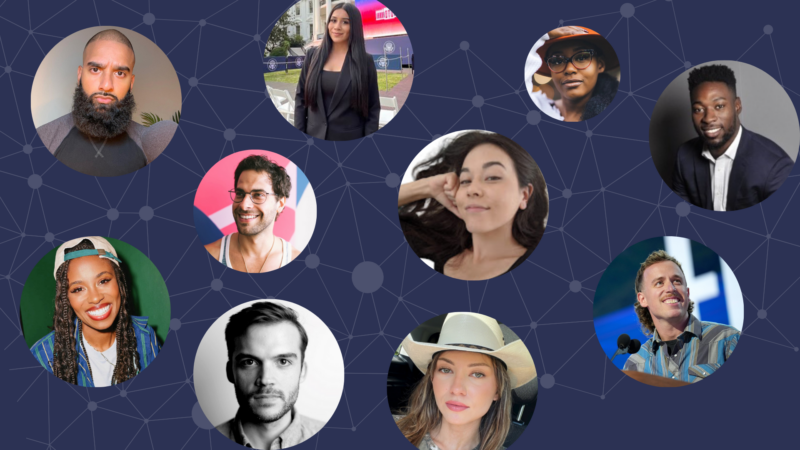
Futures Cohort Writes a New Story of the Economy
Visit link (opens in new tab): Futures Cohort Writes a New Story of the EconomyWe are thrilled to announce our inaugural Economic Futures Cohort, a group of ten creative communicators and independent journalists who over the next seven months will work together to better understand how economic issues resonate with their audiences and collaborate on tackling both the problems and solutions. This cohort is a key tactic in our narrative strategy; investing in new messengers and new messages to bridge the gap we saw in the last electoral cycle between the story being told from behind the podium and the painful lived-experience of the economy shared by many Americans.
In order to do this, we know we need to meet people where they are, and we know that where they are is anxiously scrolling their phones, wondering if America is a scam, if economic inequality will always be this stark, and searching for any sign of hope.
Our 2024 research shows that 40% of the U.S. public shares a collective sense of economic precarity and angst, have lost hope in the American dream, and don’t believe the government is doing enough to help. They have lost agency and identity, and as one of our focus group members eloquently said, “I feel like I’m on the outside looking in. A handful of people are winning in the economy and most of us can’t even get in.” This “young and economically anxious” demographic is the most disillusioned with the current system and the most receptive to bold ideas. They don’t see pathways of economic opportunity in front of them and are primed for policies like guaranteed income (85% support) and other bold policy interventions tackling the most broken markets: housing, healthcare, and care.
Everything we’ve seen from recent analysis of our media landscape is that trust in legacy media is very low, where people get their news has rapidly evolved (no thanks to tech monopolies crushing local news outfits!), and we now live in a world where over half of people living in the US get their news from social media sites like YouTube and TikTok, and the numbers are even stronger as you move down in age. Content creators are the news anchors of our day; trusted messengers that beam into the palm of your hand and break down headlines to try and make sense of the world outside. As pundits have pointed out recently, progressives have been treating creators like the commercial breaks, tapping into their audiences to sell products or ideas, instead of treating them as the experts they are. The Economic Futures Cohort is an attempt at a different model, one that trusts they know how to reach their audiences best, compensates them like the small business owners they are regularly for their time and efforts instead of views or reach, and seeks to learn from them how best to message our issues.
Importantly we want to engage creators in what we are calling “bottom-up” narrative strategy; listening deeply to how people are experiencing the economy, and helping to connect the dots towards bigger structural issues that are the root cause of so much of the pain people are experiencing. Much ink has been spilled since the election last fall about how the left needs to engage podcasters, TikTokers and YouTubers in some kind of social media arms race against the Joe Rogans of the world. However as Faiz Shakir, founder and editor of More Perfect Union recently pointed out, our social-listening on the left is broken, and we run the risk of taking the old top-down approach and mapping it onto a different media ecosystem with the same disappointing results. We need a more iterative approach, and we need to listen and learn together, so we can better understand the diversity of perspectives and most importantly, the overlap of emotions and experiences that will allow us to organize effectively for the fights ahead. Right now, economic precarity and angst unites us more than any political affiliation.
Our ten inaugural Economic Futures Cohort members will strive to understand how best to tie that experience of precarity to the forces at work in our economy. We have selected an amazing cohort with people from across the country who each focus on different fields like climate, culture, tech and the care economy, to better triangulate how people understand issues like markets and monopolies. We are holding regular briefings on our issues, giving them access to experts, and a lot of creative freedom in how best to tell these stories to their audiences. At the end of our seven months together, we’ll all convene for an event that will let us get to know each other a little better, reflect on what has worked and hopefully share a model for other organizations hoping to engage creators and independent journalists in a non-transactional way. Our bet is that if we can find a story that resonates with people, we are going to find it together.
New research from NewWorld on what it takes to build durable influence and the trust crisis we are facing at every turn as messengers of change also found something fascinating about identity; “what we consume is shaping not just what we know, but how we act and what we become.” The old demographics we have relied on for polling and the parsing out of election results may mean less now than if a group of people all listen to the same podcast. While it’s true that trust in government is at an all time low, if there is any bright spot in the report, it’s that trust in non-profits is second only to farmers, and we are beyond lucky to have the trust of our inaugural cohort of creators in this endeavor. We can and must engage audiences in new ways that pave the way for bold new policies; but that path requires deep listening, new messengers and a strong vision for an inclusive economy that works for everyone. We need a new story about the economy that puts people at the center, and leaves no one on the outside looking in.
We’ll be tracking what content breaks through, who it reaches, and what new conversations it sparks. This work reflects a long-term investment in growing narrative power, grounded in research, authenticity, and a commitment to reaching the people who will shape our economic future.

Artist
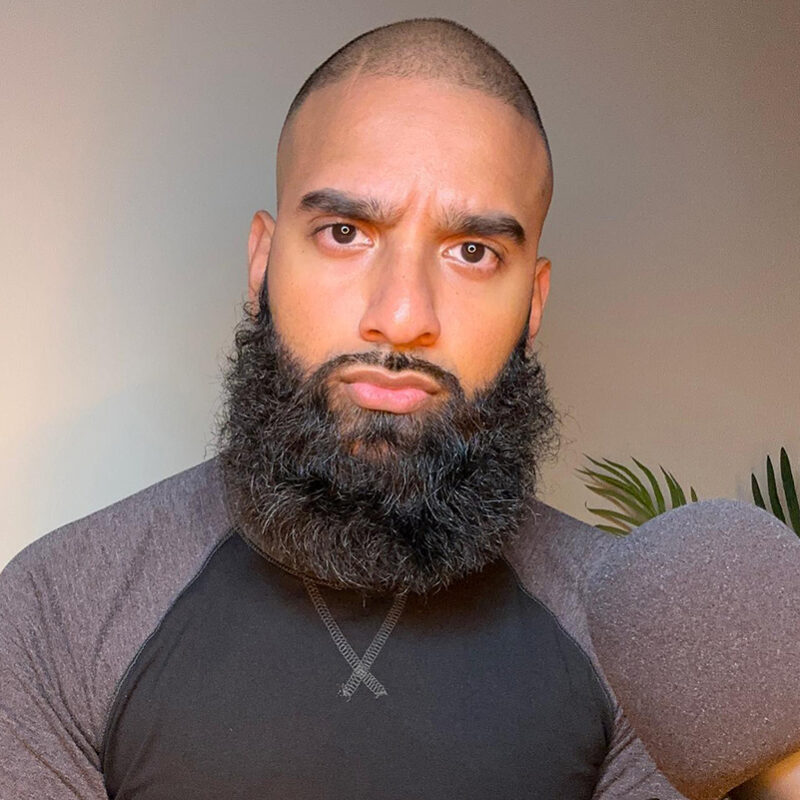
Content Creator

Content Creator
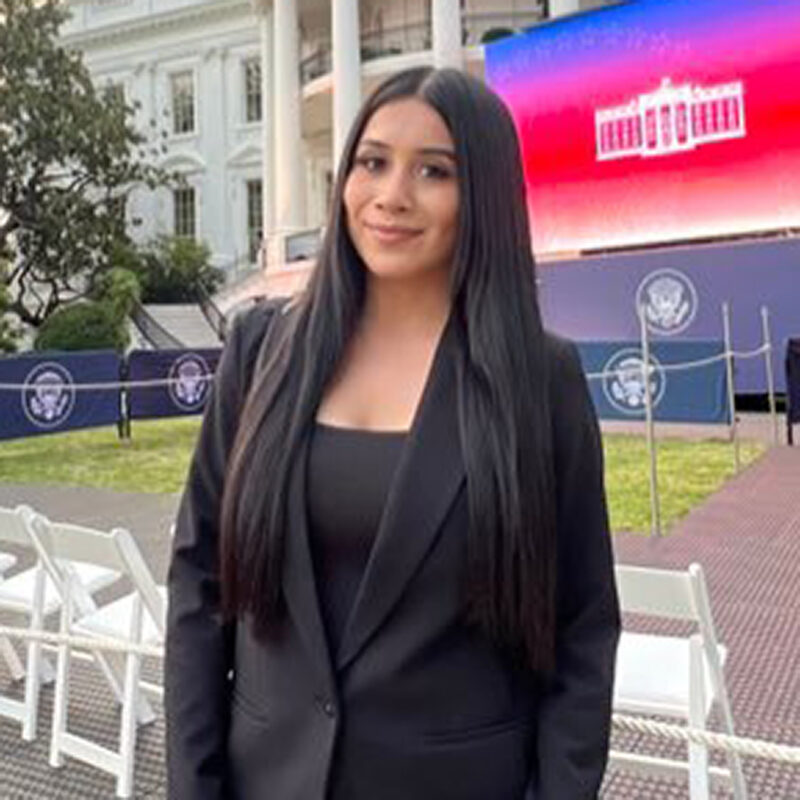
Content Creator
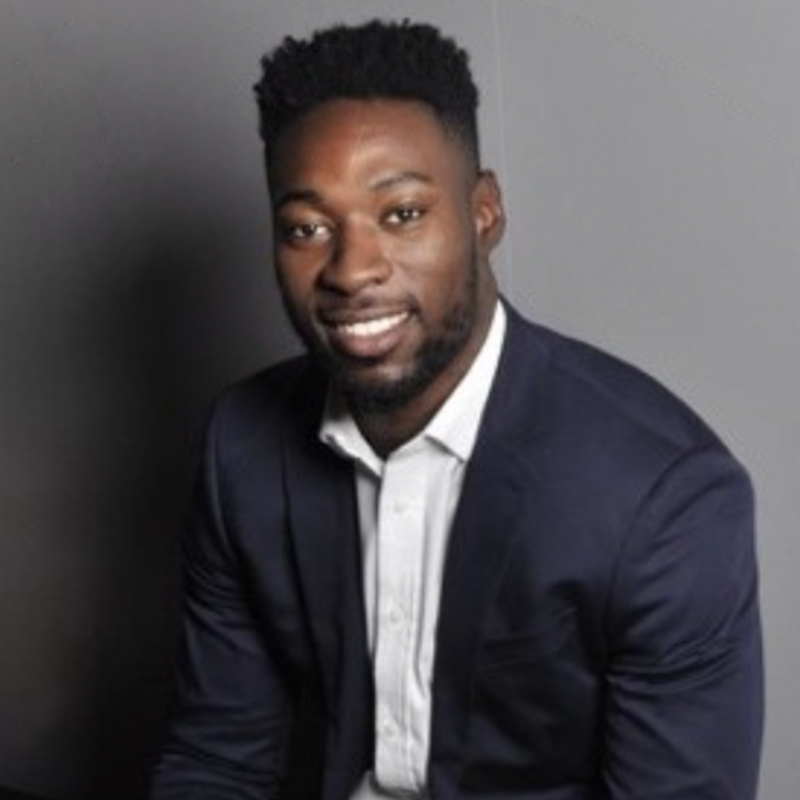
Pollster and Political Strategist
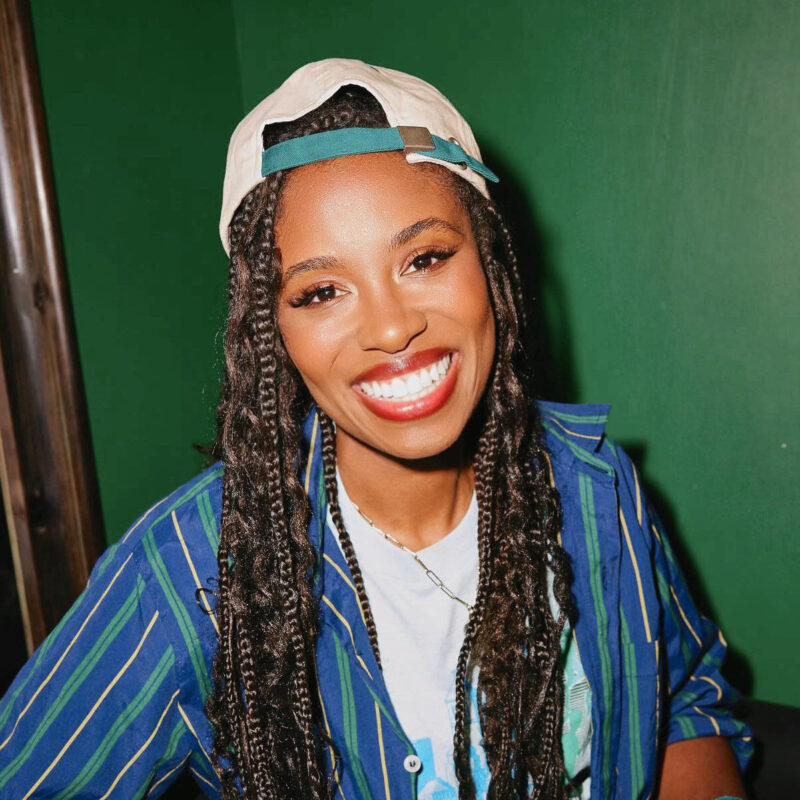
Podcast Host and Writer
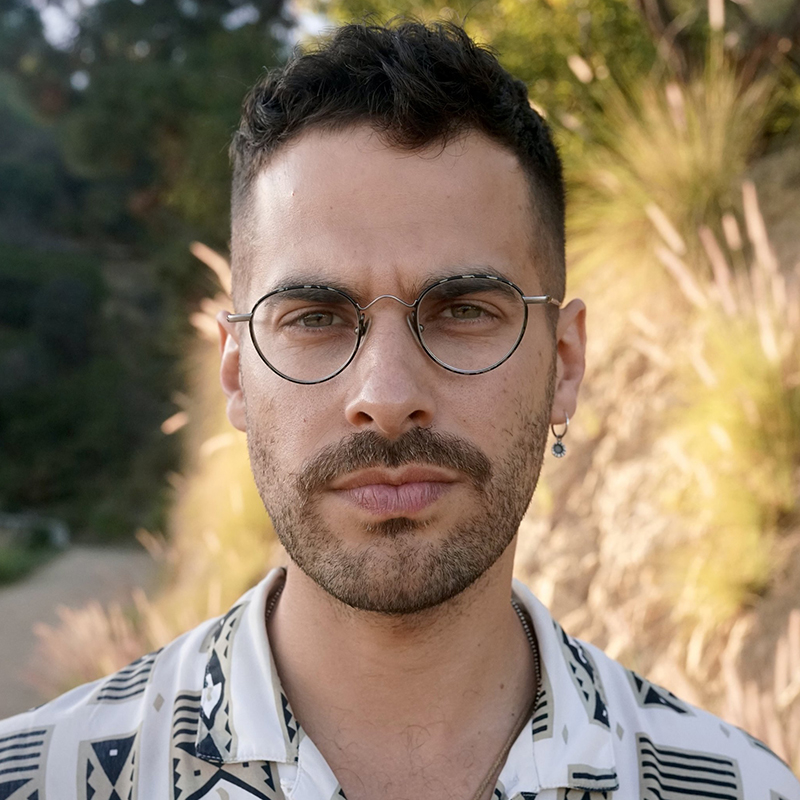
Content Creator

Content Creator
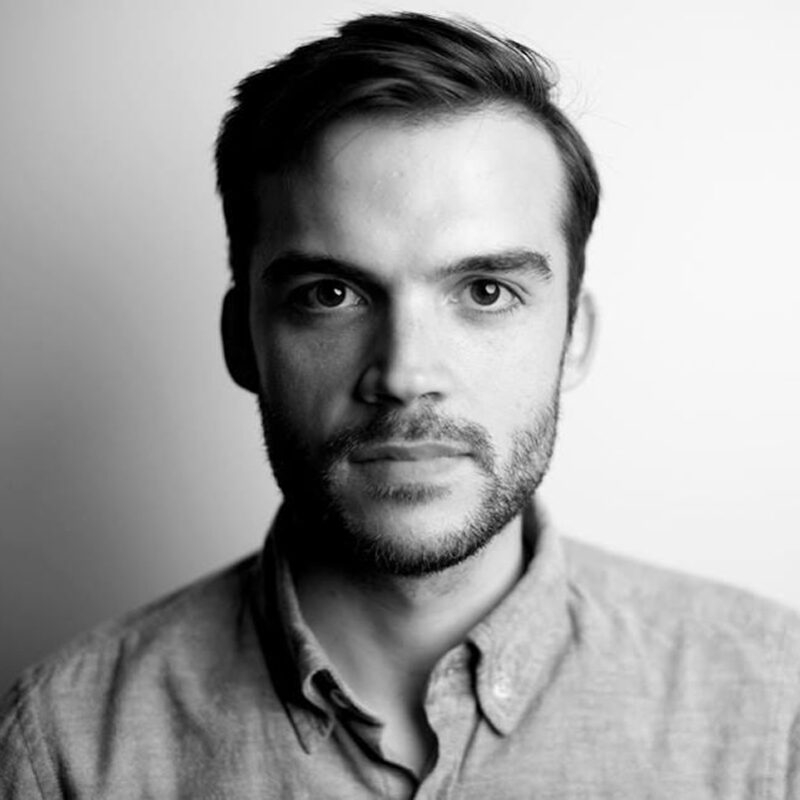
Journalist and Writer
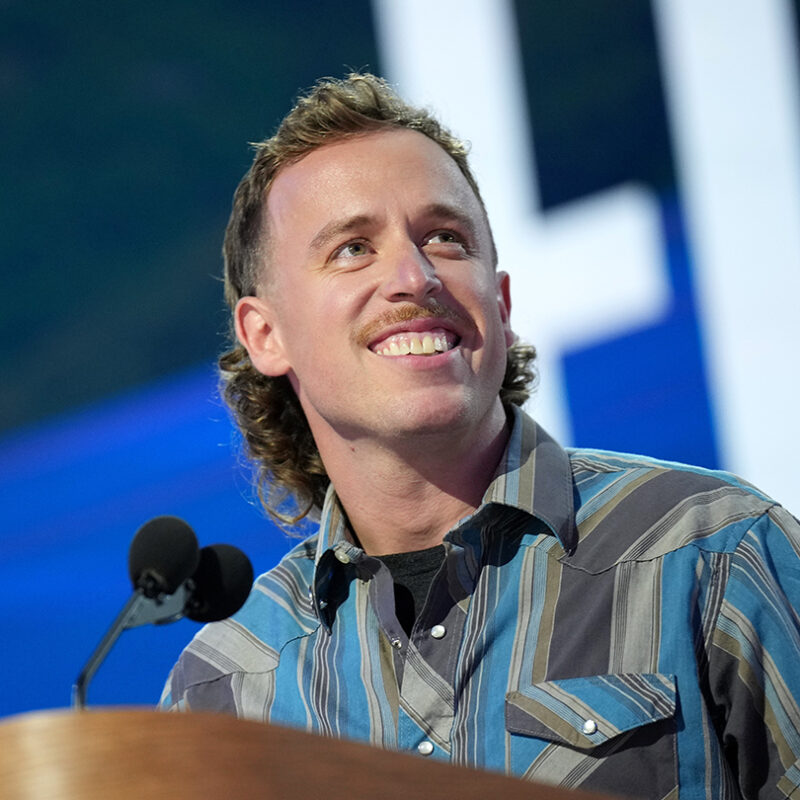
Journalist and Content Creator